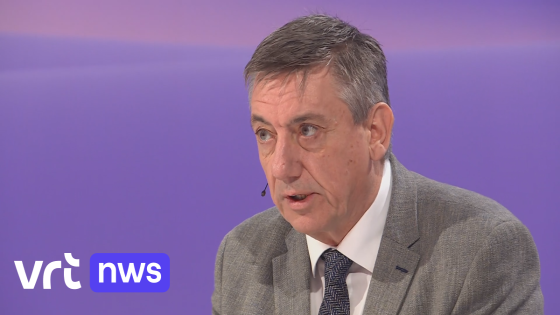On February 9, 2025, Belgian Finance Minister Jan Jambon addressed the ongoing discussions around the government’s capital gains tax. His comments come after N-VA leader Bart De Wever expressed alignment with fellow politician Georges-Louis Bouchez regarding economic strategies. But what does this mean for taxpayers and investors in Belgium?
- Bart De Wever aligns with Georges-Louis Bouchez.
- Modalities of government participation still undecided.
- Conner Rousseau's victory claim questioned.
- More questions remain about wealth tax.
- Five parties involved in the Arizona government.
- Need for consensus on tax revenue distribution.
The Future of Capital Gains Tax: What Belgians Need to Know
What should citizens expect from the proposed capital gains tax? As discussions unfold, clarity is essential for everyone involved. Jambon emphasized that while a deal exists, many modalities still require negotiation.
The Role of Political Parties in Shaping Tax Policies
The complexity of forming a cohesive policy is evident with five parties involved in the Arizona government coalition. Each party has its interests and concerns regarding taxation and public finance.
Understanding the Proposed Capital Gains Tax Structure
This new tax aims to generate substantial revenue for public services but raises several questions:
- How will it impact individual investors?
- What exemptions might be available?
- How will funds be allocated across government services?
- Are there potential loopholes that could affect enforcement?
The Importance of Public Engagement in Tax Discussions
Citizens must engage in these discussions to ensure their voices are heard. The decisions made today will shape Belgium’s economic landscape tomorrow. How can individuals contribute to this dialogue? Participation in local forums or contacting representatives can make a difference.































